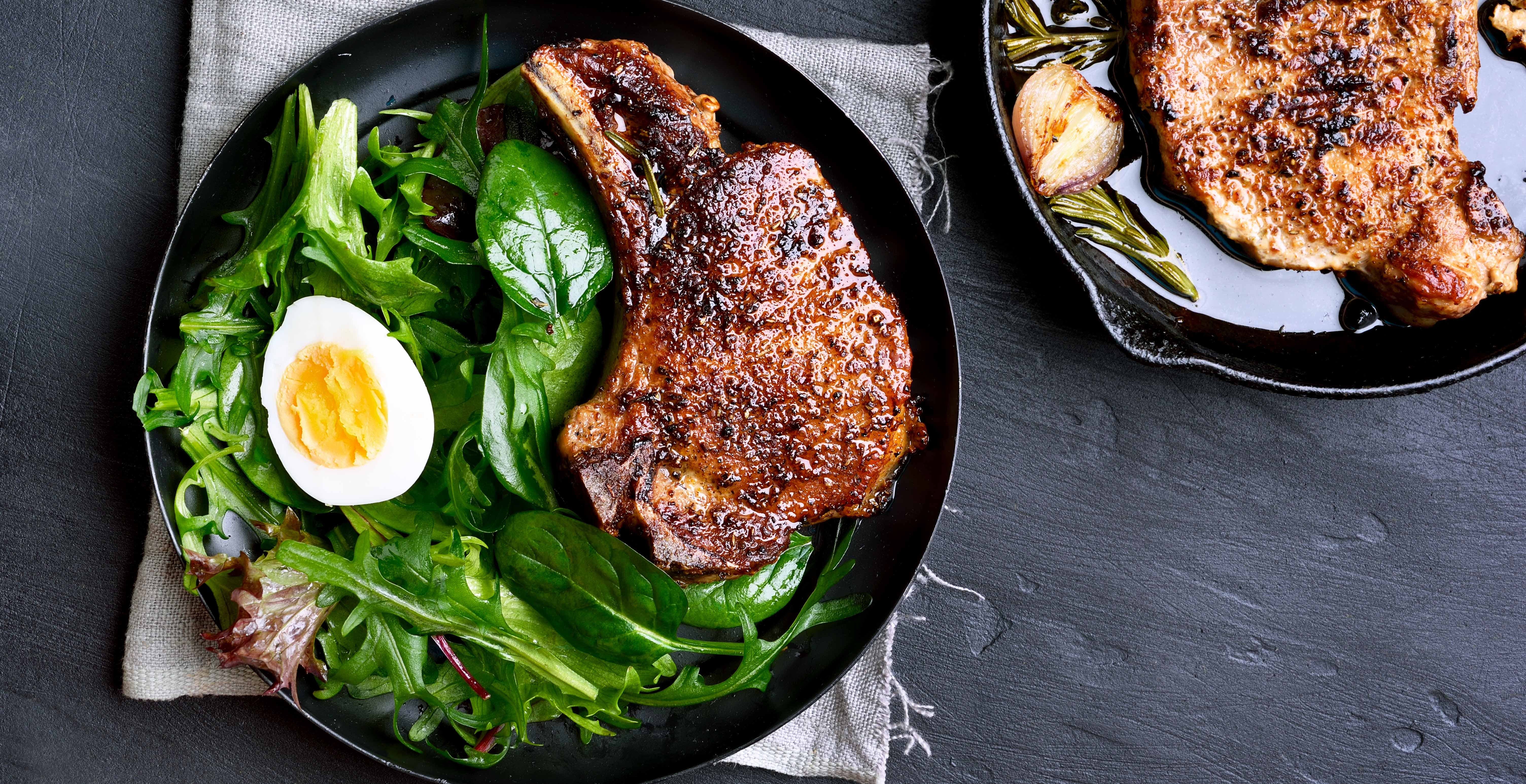Protein Plans


We all know protein is the key to building muscle, but figuring out how much we’re actually supposed to consume can be difficult.
“Protein is critical in building muscle mass, but more is not better. Eating large amounts of protein does not create a toned healthy body,” says Registered Dietitian Lisa DeFazio, MS, RD.
In fact, DeFazio explains, eating excessive protein can harm the body. Having too much of it can lead to health problems like osteoporosis, cancer, impaired kidney function, and heart disease.
So how do we know how much to eat?
“Someone who weighs 150 pounds only needs 54 grams of protein per day,” DeFazio says. “The Recommended Dietary Allowance (RDA) for protein for the average adult is 0.8 grams per kilogram of body weight. To find out your individual need, perform the following calculation: Body weight (in pounds) x 0.36 = recommended protein intake (in grams).”
Athletes, of course, need more protein than the average person, DeFazio explains, but like everyone else, they need to also consume adequate carbohydrates and fats, not just protein.
As for how to get your daily dose of protein, Registered Dietitian Courtney Meidenbauer offers some advice.
“Although there is a subset of the population who desire to count calories, including macronutrients (carbs, protein, and fat), I don't feel that everyone needs to. Some people flourish and are successful when looking at ‘foods’ rather than ‘nutrients’, says Meidenbauer, who is the state media representative for the Wisconsin Academy of Nutrition and Dietetics.
“I typically recommend that any time you have a meal or a snack, a protein-rich food should be present. This would include any meats, dairy, eggs, beans and legumes, or nuts and nut butters. This behaviour often helps get you to your protein goals without necessarily counting grams. Also, try your best to have a protein-rich breakfast. This can be accomplished with egg dishes or oatmeal with protein powder added, such as whey protein powder.”
